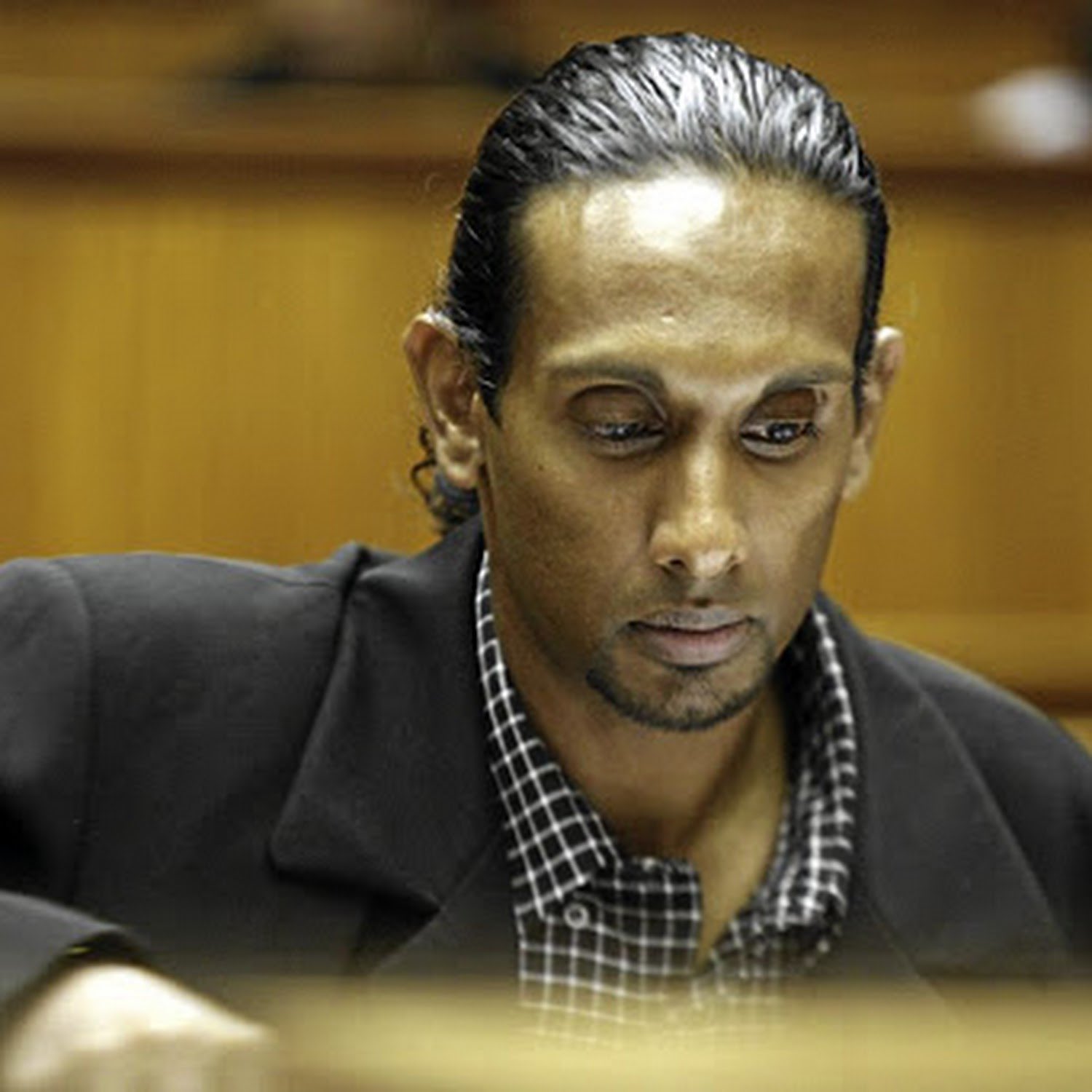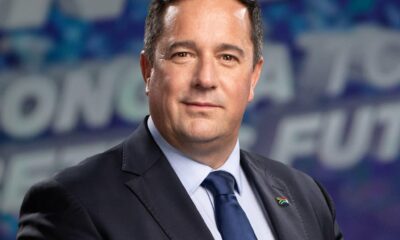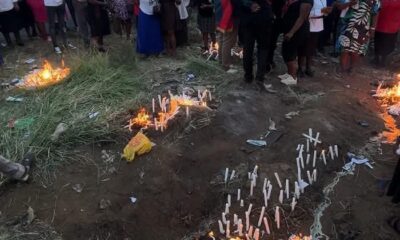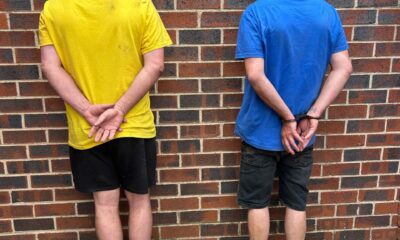News
‘The System Has Failed Us’ – Leigh Matthews’ Father Speaks Out Against Parole

For two decades, the Matthews family has lived with a wound that refuses to close. Now, with the news that Donovan Moodley, the man who kidnapped and murdered their daughter, Leigh, could be granted parole, the anguish has resurfaced all over again.
Rob Matthews, Leigh’s father, describes it as a betrayal not only of his family but of every South African family who has suffered at the hands of violent crime.
A Father’s Pain That Time Hasn’t Softened
Leigh Matthews would have turned 42 this July. Instead of celebrating milestones like her career, marriage, or perhaps motherhood, her family gathers once a year on her birthday to honor her memory.
“We try to remember the happy times,” Rob says, “but every time Moodley raises his head, it all comes rushing back. The wounds don’t heal properly.”
It’s not just about his daughter’s life being cut short. It’s the haunting reality that, as victims, their pain is dragged back into public view every time the parole system gives offenders another hearing.
“We Didn’t Choose to Be Victims”
Rob Matthews’ frustration is clear: “The offenders chose to commit crimes. We didn’t choose to be victims.”
For him, parole isn’t just a bureaucratic process; it’s a system that keeps reopening scars. He recalls a chilling moment during a hearing when Moodley claimed he had graduated with a degree in empathy and remorse. “He said he felt very sad Leigh never got to graduate. I had tears in my eyes listening to the man who murdered my child pretend to show empathy. It was bizarre.”
To Rob, such statements prove that rehabilitation must be tested far more rigorously. “Moodley should be interrogated by a professional to determine if he can actually be rehabilitated.”
A System Under Scrutiny
The Matthews family isn’t alone in their anger. South Africa’s parole system has faced mounting criticism, especially after the release of Janusz Walus, who assassinated Communist Party leader Chris Hani. His parole stirred national outrage and raised questions about whether the system values offenders’ rights over victims’ trauma.
The debate intensified again this year when Correctional Services Minister Pieter Groenewald cancelled parole for Alison Botha’s attackers, reinstating their life sentences after they were found to lack remorse. That decision gave many victims’ families hope that the system could prioritize public safety but it also highlighted inconsistencies in how parole is applied.
Public Reaction: “Victims Deserve More”
On social media, many South Africans have rallied behind the Matthews family. Words like betrayal, failure, and injustice dominate online conversations. For a nation grappling with violent crime, the thought of seeing high-profile offenders walk free feels like a slap in the face to victims and communities still grieving.
At its core, this debate is about balance , protecting the constitutional rights of offenders while not forgetting the humanity of victims. As Rob Matthews puts it: “In no sensible or realistic world should a victim have his wound continuously picked at. Victims should be protected.”
A Call for Change
More than two decades after Leigh’s murder, her father still speaks with the rawness of fresh grief. His plea is not just personal but universal: rethink how parole works, and make victims central to the process.
Because for families like his, time doesn’t heal all wounds. It simply teaches them how to live with scars, scars that the system should not be allowed to deepen.
{Source: The Citizen}
Follow Joburg ETC on Facebook, Twitter , TikTok and Instagram
For more News in Johannesburg, visit joburgetc.com



























